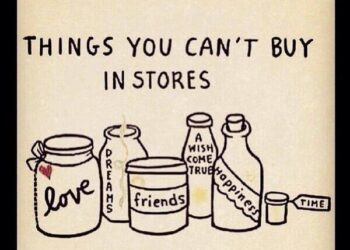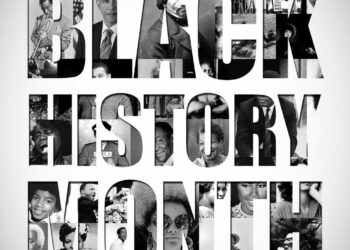When COVID-19 first emerged in the early parts of 2020, the already hard to predict consumer behaviour took an even more dramatic turn. Besides the hand sanitizers and the face masks, were the toilet rolls that spiked in demand. As customers scrambled to stockpile them, supermarket shelves all over the US were left bare. Meanwhile, halfway across the planet in Hong Kong, it became the reason for an armed robbery. And in Australia, it triggered plenty of customer brawls. But when there was no impending product shortage, what triggered this hoarding frenzy?
Unfamiliarity breeds fear
Needless to say, COVID-19 took the world by storm almost overnight. Even governments of advanced nations were unprepared for what unfolded. So, it’s little wonder that many ordinary people were gripped with fear. And this was no regular fear—it was a kind many people were unfamiliar with, one that was rife with uncertainty at an unprecedented scale. And when panic sets in, that’s when survival instincts go into full swing. The irrational frenzy that led to the hoarding of toilet paper, in essence, was part of this fear-led survival thinking. And seeing empty shelves only led to more panic buying.
The herd mentality
Meanwhile, social media only served to make the already bleak situation worse. As videos and stories of toilet roll stockpiling went viral, more and more people followed suit. This is what psychologists call herd mentality. We see it in action in everyday social, political, and economic events like stock market bubbles and general riots. And this is exactly what we saw during the pandemic as well. But what could cause this herd behaviour? The reasons are many, from lack of awareness and misinformation to baseless assumptions and the fear of losing out (FOMO).
Zero-risk bias

But why toilet paper, of all things? It could be a sign of how much modern-day citizens have become accustomed to the simple comforts of urban life. But some scientists explain this with the zero-risk bias. It explains the human preference for seeking certainty. According to research, this can drive individuals to eliminate simpler risks instead of working on more critical ones. And in this case, stockpiling toilet rolls represent one such simple risk that they can eliminate with ease. It could provide a false sense of security and a notion of control in an otherwise devastating situation. But, of course, the risk appetite of each individual is different. And those with a lower tolerance for risk could display greater panic buying behaviours. So, personality type will also have a clear impact on how people behave.
Whatever the specific reason may be for stockpiling toilet rolls, one thing is for sure. The hoarding behaviors seen at the beginning of the pandemic offer some important insights to anticipate human reactions when preparing for the next global catastrophe.










